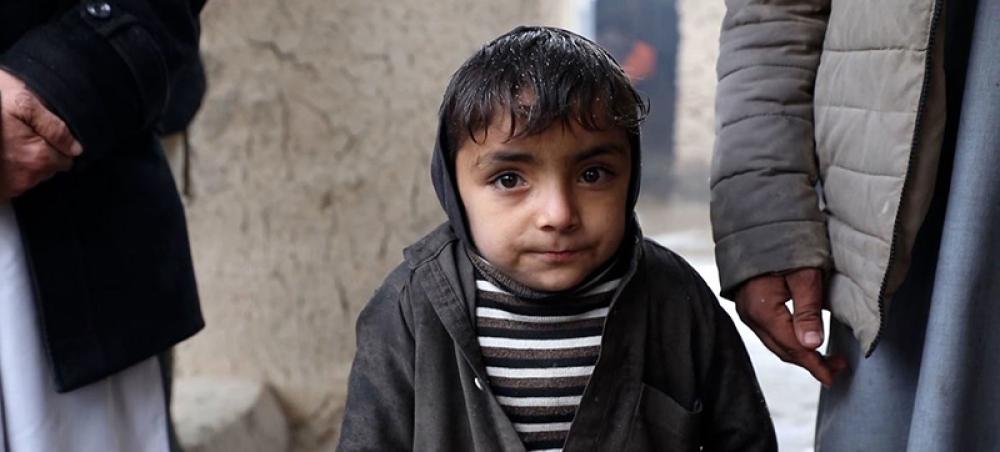Just Earth News | @justearthnews | 12 Nov 2022, 04:49 am Print
 Refugees
Refugees Image: UNHCR video screenshot
Millions of people displaced by conflict or persecution from Ukraine, Afghanistan and across the Middle East could face a perilous winter as freezing temperatures add to the misery already that they are already suffering from spiralling prices, the lingering impact of COVID-19 and extreme weather linked to the climate crisis, the UN refugee agency, UNHCR, said on Friday.
Agency spokesperson Olga Sarrado said on Friday that millions of the world’s most vulnerable people will be without essential basics.
“For many of the world’s forcibly displaced, this coming winter will be far more challenging than in recent years, with many displaced families having to choose between food and warmth as they struggle to heat their shelters, source warm clothing and cook hot meals”.
Back-to-back freezing winters
Across the Middle East, many displaced Syrians and Iraqis will have to contend with extreme cold and snowstorms once again.
For many, this will be the 12th consecutive winter in displacement.
UNHCR estimates that 3.4 million Syrian and Iraqi refugees and internally displaced people in Syria, Lebanon, Jordan, Iraq and Egypt will need critical assistance to prepare for and cope with the upcoming winter.
In Lebanon, where the severe economic crisis is pushing everyone to the brink, nine out of 10 Syrian refugees are already living in extreme poverty, forced to cut back on their food and medical care.
As they try to cover their basic needs, many are falling further into debt.
Plunging temps
Millions of Ukrainians uprooted from their homes by the war are facing winter in displacement or living in damaged homes or buildings ill-suited to protect them from the biting cold – with disrupted energy, heating and water supplies, and lost livelihoods.
In Afghanistan, where winter temperatures can easily plunge to -25°C, many displaced and conflict-affected families will be left exposed to the elements.
Moreover, winter arrives amid a steep economic decline and only months after an earthquake in south-eastern Paktika and Khost provinces that triggered devastating loss and damage to the homes of thousands.
While some regions of Afghanistan continue to report new displacement, there is an ongoing effort to contain a humanitarian catastrophe amidst flash flooding and drought.
Glooming funding outlook
Despite worsening humanitarian needs, the funding outlook for life-saving aid programmes and assistance remains bleak.
Shortfalls have already forced UNHCR to scale back essential programmes in several countries.
However, the UN agency has launched a global winter fundraising campaign in an effort to keep its operations running.
- Viral Irish food bank photo sparks shocking racist attacks on Indians
- Caught on camera: Two foreigners assaulted in Israel in an alleged racial attack
- Pakistan: Parents heartbroken after court sides with man accused of kidnapping minor Christian girl
- Pakistan: Trafficked 35 years ago, Bangladesh-born woman approaches court against FIA for offloading her from flight!
- Hindu tea worker found bound and bloodied in Bangladesh garden during general elections; investigation underway





-1763561110.jpg)
